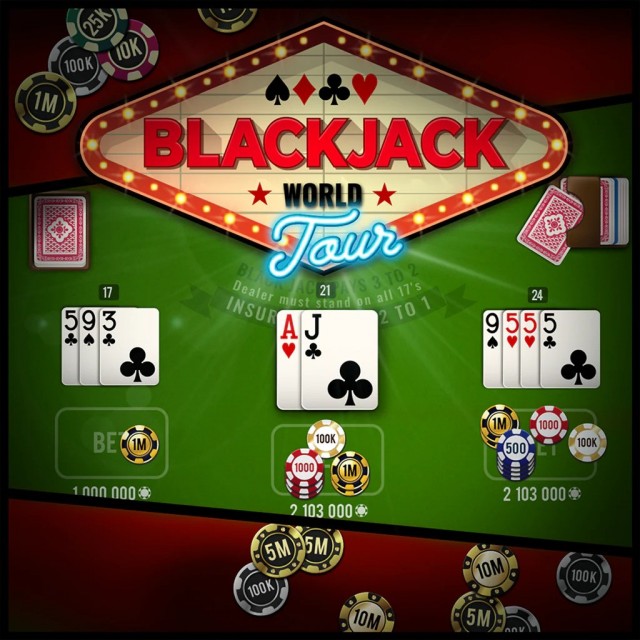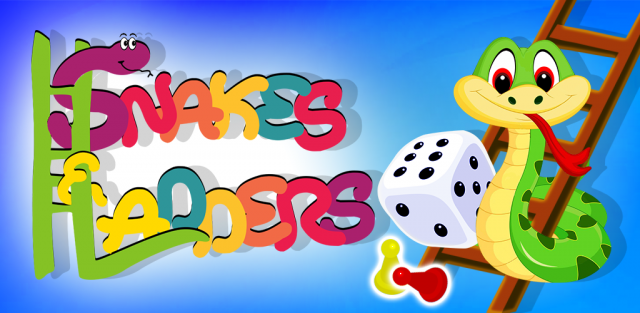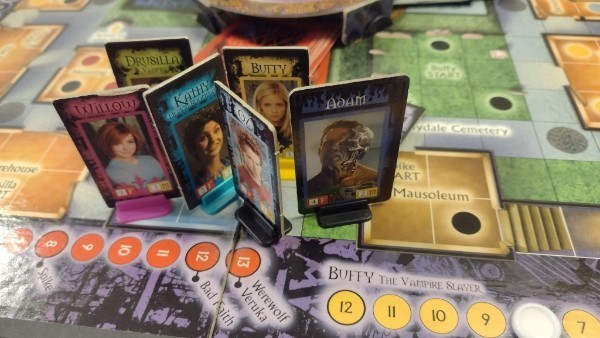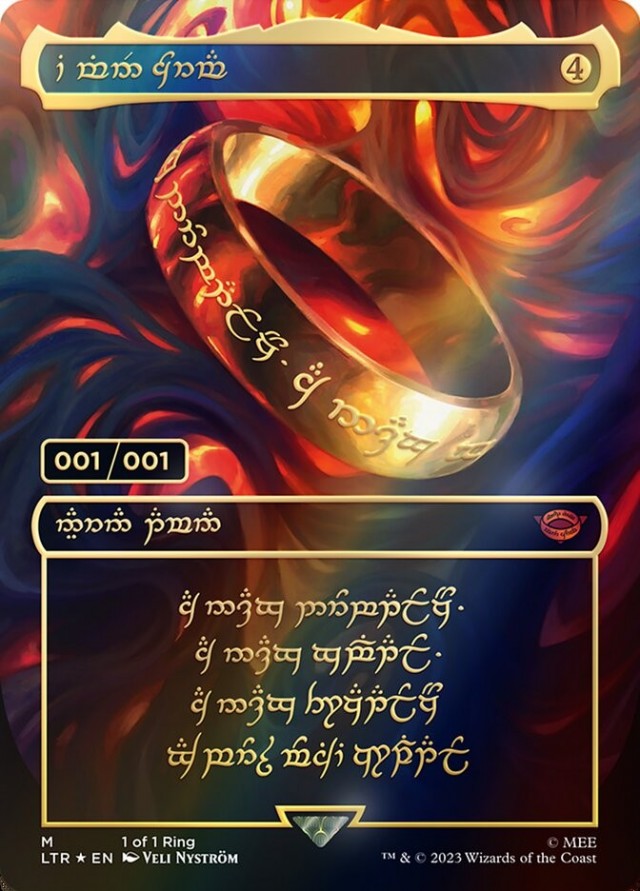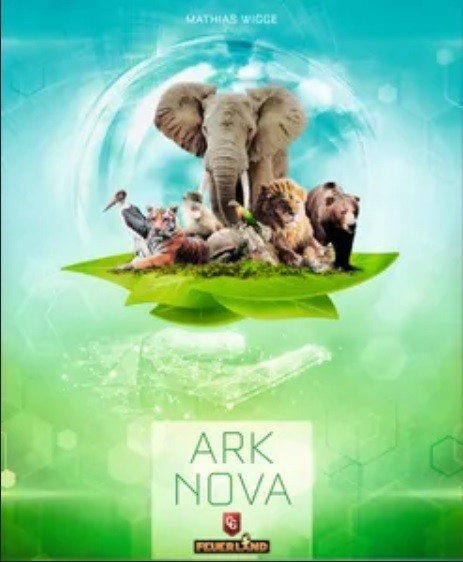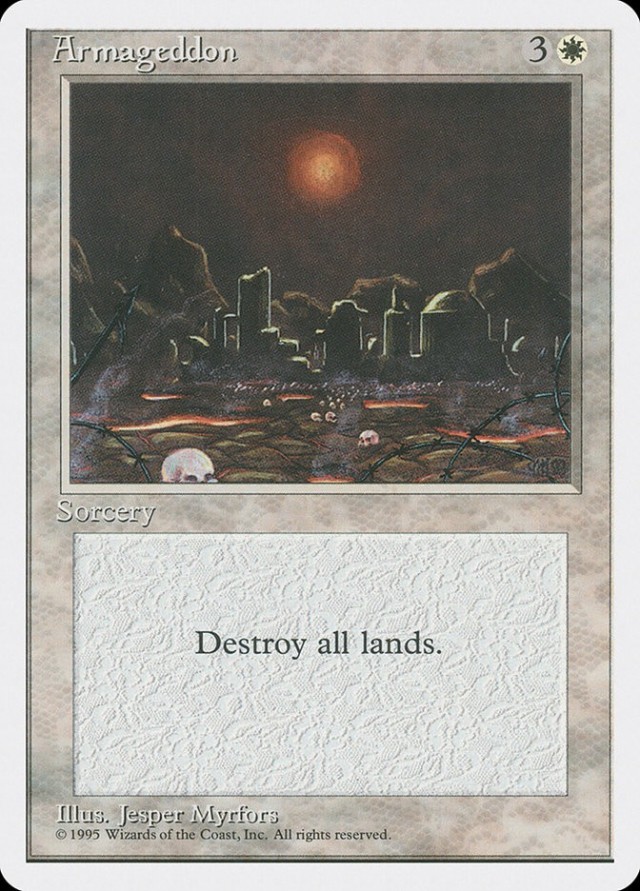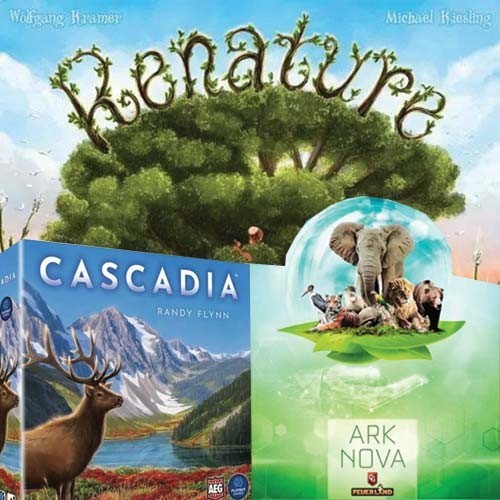I just designed a new free print and play game for a contest on BGG. The contest is about designing a game that needs special dice and no other components (except for pen and paper to note scores or other stuff).
I wanted to create a game that built on the basic mechanic of rolling a bunch of dice, setting one or more aside and re-rolling, but instead of just getting points for the result, this result could be used as another element of the game, in this case, the available goods on each planet.
I'm not sure how much AT appeal this game may have, after all, it is pretty abstract, and although the universal theme of buying and selling goods trying to get the best profit is there, there are no mechanics that are specific to the science fiction theme other than maybe the fact that each world is very much its own different "unit" isolated from the other worlds... I keep thinking of possible ways to expand and introduce more sci-fi elements, but I'm not sure it would be a good idea, as right now it is a very quick playing, basic dice game...
Still, I'm not too fond of euros in general and the game does have randomness and dice rolling, so for those that enjoy this kinds of games, maybe you'll enjoy this one...
The rules are here: http://george.makasoft.net/StarTradersLuck-Rules.pdf
What folows is an article I just posted on BGG explaining the basic mechanics and some of the possible strategies: http://www.boardgamegeek.com/thread/411960
First, I made this game, so my opinion may be biased. I'm actually quite happy about how it turned out and although I keep thinking about possible ways to expand it and make it more complex, I'm not sure it's really necessary 
That said, I thought I would explain some of my thoughts after playing a few games.
There are two basic mechanics that affect your possibilities: The dice and the time. Together they make the core of the game.
First you have the dice. You will roll from 3 to 5 depending on how big the planet you landed on is. Of course, the size depends on how much time you spend to search and travel to the planet.
Each face shows one good and there are a total of 5 types of goods (Food is shown twice). The prices for each good always depend on the quantity available on the planet, and that depends on your dice roll. If you rolled 3 Robots, that means you can buy up to 3 Robots. It also means that the price for each Robot will be about average. If there were more Robots on your roll, the price would be cheaper, and if there were less, the price would be higher. That's what players should use to earn money from planet to planet. As players can re-roll some of the dice twice (for a total of 3 rolls), what you finally get is not totally random.
Then there's the time. As each trip costs between 1 and 3 days of game time, and each action (buying or selling) also takes 1 day, players need to manage well their actions to get a better profit without wasting precious time (there's a time limit that handles when the game ends).
Combining both considerations, some initial possibilities arise. Here are a few examples: A player can decide to go for big planets to buy, trying to get as many goods of one single type as possible on their roll, to then go to a small planet to sell, ideally trying to get just 1 of that good.
A player can decide to go for big planets to buy, trying to get as many goods of one single type as possible on their roll, to then go to a small planet to sell, ideally trying to get just 1 of that good.
This strategy maximizes the profit of that one trip, but doesn't take into consideration the next trip, so players after selling will find that the available goods are pretty expensive. They can decide to skip buying on that planet (gaining one day, but losing one trip). Total time expenditure for this strategy would be 7 days, so in a 20 day game you could repeat the buy-sell cycle 3 times (if the last planet is medium instead of big). The other extreme of the balance is to go to small planets. The number of goods the player will be able to buy will be 3 at most, and the price about average at best. The most profitable way to sell would probably be as illegal goods on the next planet (trying not to roll the carried good), but it is quite risky. The police will catch the player about 1/3rd of the times.
The other extreme of the balance is to go to small planets. The number of goods the player will be able to buy will be 3 at most, and the price about average at best. The most profitable way to sell would probably be as illegal goods on the next planet (trying not to roll the carried good), but it is quite risky. The police will catch the player about 1/3rd of the times.
With this strategy, the total time for the buy-sell cycle is just 3 days (one for traveling, one for selling and one for buying). This way, in a 20 days game the player could hope to complete 7 cycles (last cycle takes only 2 time as there's no need to buy).
Of course, the chance of police catching the player goes up, so it may be wise to try to sell legally too if the initial roll is promising. For example, rolling 3 food when buying (for a cost of 3 each) and then rolling one food when selling (for a price of 5) is almost as good as if it would be sold illegally (for 6). In the case of water, with the same numbers, the profit would be even higher legally than illegally.
This strategy (and mixing legal and illegal sells) is especially useful for Luxuries. The price increase as the number of Luxury goods go down is bigger each step, so buying them when there are 3 available and selling them when there's one is much more profitable than within the range of 5-3. A third possible strategy could be to always visit big planets. This way the player can try to get both a good selling price for their current cargo AND a good buying price for the next trip.
A third possible strategy could be to always visit big planets. This way the player can try to get both a good selling price for their current cargo AND a good buying price for the next trip.
Of course, this can be hard, as when re-rolling to get a cheaper price on a good, you can end up increasing the price of the good you want to sell. But the total cycle is shorter than with the first strategy, although not as short as with the second. Each cycle takes 5 days. That means you'd get 4 such cycles on a 20 day game.
Of course, all these strategies can be combined and changed to suit the players, and new ones are also possible. The medium planet is a good compromise between time and number of dice rolled, so it's also a good choice, and as always, most of the times players will have to adapt their style of play to the ever changing circumstances. After all, there's a lot of randomness and "push-your-like" kind of choices.
So, I'd love to hear from people that have tried the game (or just read the rules) and thought up some different ways of playing the game. Of course, I'm still trying out the prices (which I've just updated once) so ideas for changes are welcomed too...
 Games
Games How to resolve AdBlock issue?
How to resolve AdBlock issue? 